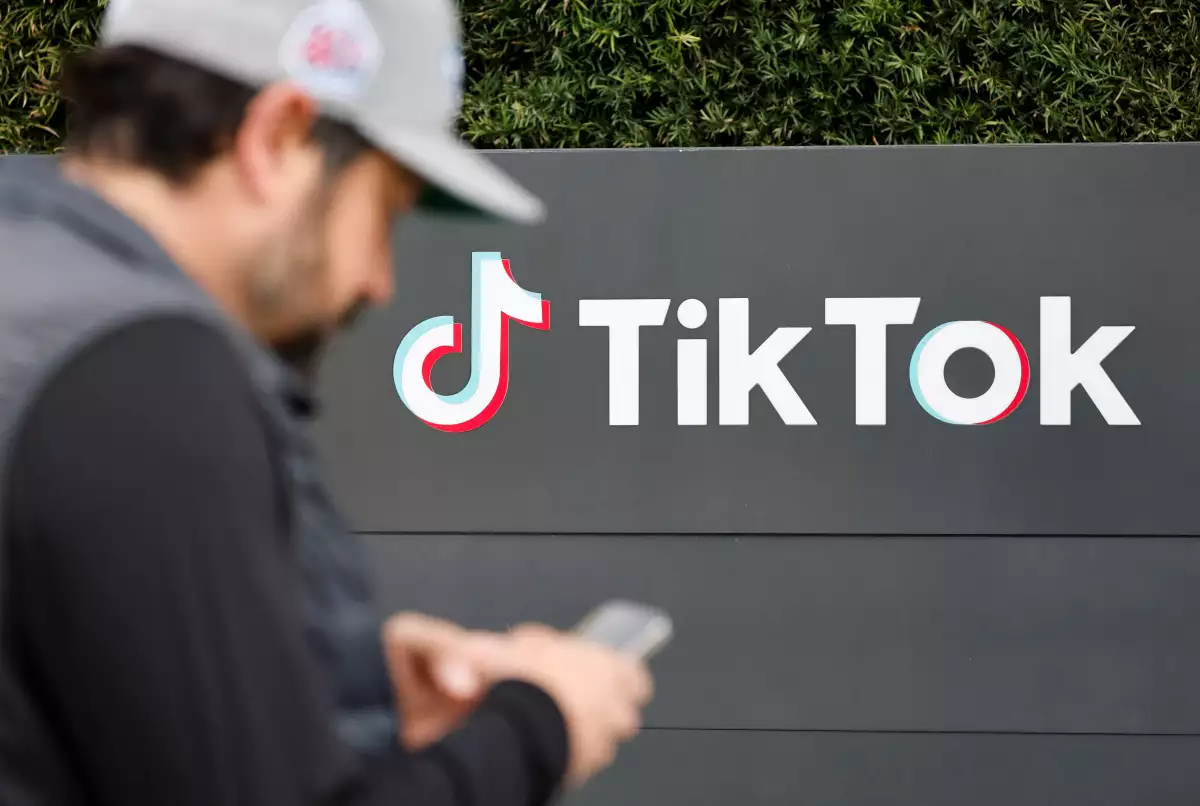
Three key points to understand political and economic changes in social networks
Many issues regarding information and social media will change as we know them, but this does not necessarily mean the best of scenarios for digital audiences.
The year began with structural changes in social media companies, and the transition to President Donald Trump's administration will begin with substantial changes in security, migration and trade issues. The Republican president arrives at the Oval Office with clear intentions regarding the technology and information sector, which for a year has helped him pave the way to his second presidential term.
Many issues regarding information and social media will change as we know them, but this does not necessarily mean the best of scenarios for digital audiences.
1. Winning a battle, but losing the war: TikTok's ban in the United States
After months of wrangling against the Chinese-based social network TikTok, the United States Congress decided to promote the ban of this platform on Friday, January 17. The veto came into effect on January 19 and that day TikTok announced that it is "in the process of restoring service" to access its service in the United States just hours after suspending it and following a message from Donald Trump, who said that he will postpone the entry into force of the rule.
TikTok is generating controversy around cybersecurity issues due to the possible fragility of the personal data of its 170 million users in the United States. The United States Congress has indicated that TikTok could spy on personal data to direct algorithms that manipulate social narrative.
ByteDance, the company that owns the platform, may possibly sell a percentage of its shares to North American investors, allowing it to reopen in the United States with a different name and a substantially different format, but with the same flaws in the algorithm. It is true that the information circulating on TikTok is difficult to verify due to the way the algorithm displaces topics at a regional level.
In the last 2024 elections in Mexico, the Digital Media Observatory warned of several harmful contents that sought to manipulate the partisan sentiment of users. However, the ban on this social network does not mean that disinformation on political issues intends to cease in the short term.
2. Zero containment, disinformation on steroids
META announced the end of its fact-checking program last December. Many analysts have criticized Mark Zuckerberg's decision to replace the fact-checking partnership with external actors with "community notes." META's donation to the Trump administration's startup fund does a disservice to the information function of these platforms, which will be aligned with the political discourse of the new administration.
Elon Musk has been repeatedly vocal about his disdain for verification tools for “undermining freedom of expression.” Since Musk acquired Twitter in 2023 to restructure the social network as X, the intentions to spread disinformation throughout this digital environment are a threat to democratic processes. The manipulation of political narratives, which then become echo chambers, are dangerous because of the hate speech that accompanies disinformation. We have already seen that it does have harmful effects, especially when audiences do not have media literacy tools.
For the Silicon Valley technology sector, the incoming Trump administration is an incentive for political interactions that lead to regulations that benefit technological growth, with possibly high costs. The development of AI without specific regulations can negatively impact creative areas and the security of users' personal data. The indiscriminate use of servers and other electronic devices also highlights the lack of ecological sustainability plans in the technology industries.
3. Issues on migration and economy, the sectors with the greatest vulnerabilities
In this column I have talked about the imminent risks to the security of migrants arising from misinformation about displacement and the disproportionate use of force by immigration authorities. Social media served to document the abuses committed against migrants, and also to launch support campaigns to facilitate the passage of caravans as they passed through Mexico.
With changes in the verification systems of digital platforms, they may become spaces that spread false information that “frames” the migrant population as “dangerous,” or that dismisses the abuses they could potentially face from the authorities. This scenario is far from trivial and can trigger dire situations for the current human rights situation on both borders (north and south).
Security issues are of fundamental concern because fake news is catalyzed by sensationalist narratives. The information chaos caused by a hostile environment will be the “new normal” for newsrooms and editors-in-chief, who will have to deal with dangerous phenomena while designing strategies for disseminating specialized topics that help counteract the effects of disinformation generated on social media. The sections of the media dealing with the economy and the public sector must compensate for the volume and enthusiasm of financial news emanating from Wall Street, which has already seen a boost in the S&P 500 indicators in the days leading up to Donald Trump’s inauguration.
One thing to consider, which continues to be a setback for digital media newsrooms, is that economic stories are contrasting and confusing for social media audiences. Media coverage of price inflation indicators is a clear example of how an economic phenomenon has a strong political effect: Trump voters still find it incomprehensible how price increases have a major impact on their daily lives, but the government has no direct control over inflation. Media outlets, especially those that continue to publish on social media, will have the mission of coordinating an economic agenda that is explanatory and phased for non-specialist readers.
We are entering an uncertain panorama, with worrying expectations for the United States and Mexico; it is time to return to the origin and for the media to remember what their purpose is in the civic and democratic life of society.
Leave a comment:


Tranding News










